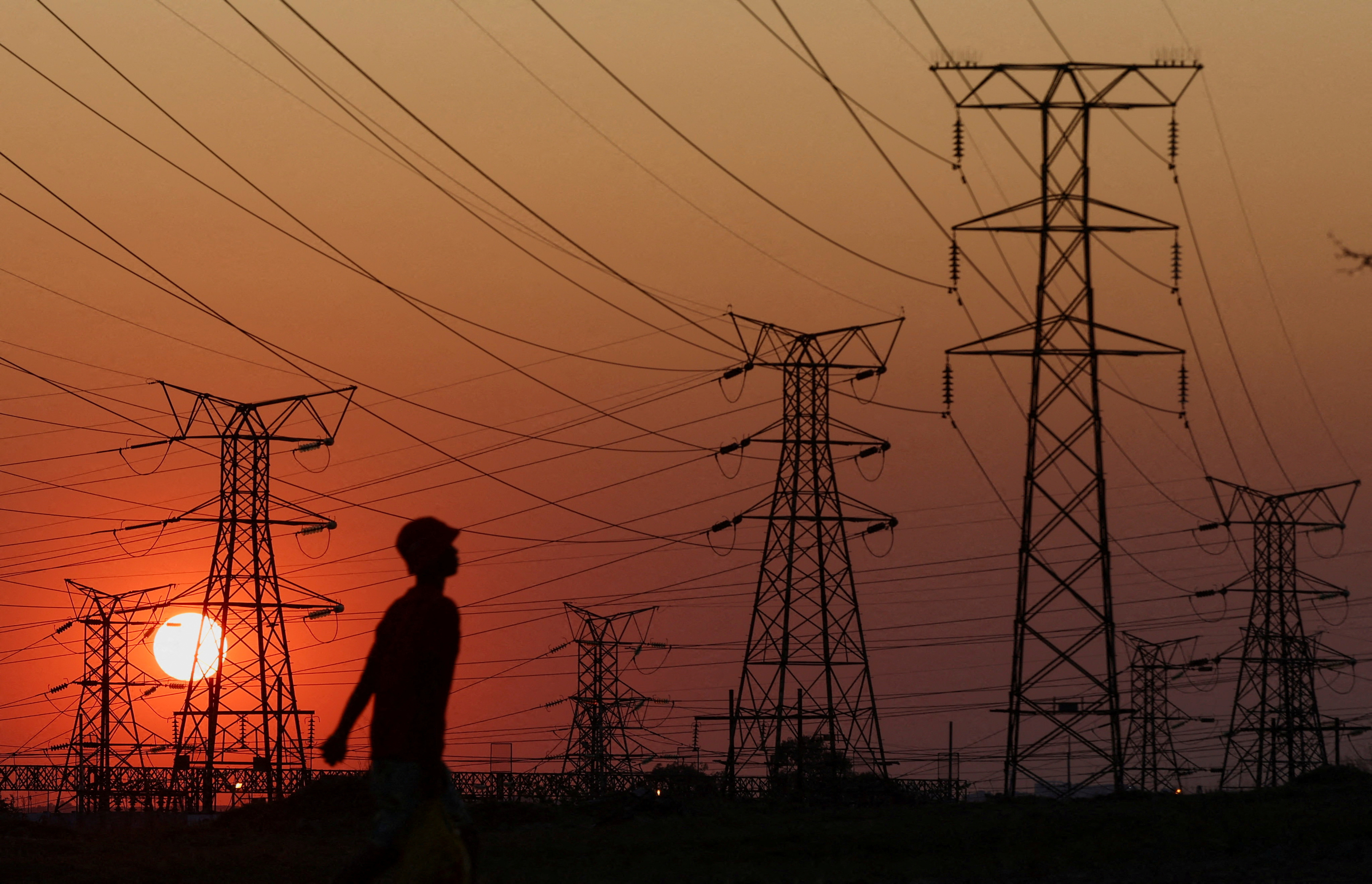The EAC needs to be financially viable and in a position to maintain its infrastructure, electricity authority spokeswoman Christina Papadopoulou said on Tuesday.
Commenting on the cost of electricity for consumers, she said, the most likely price increase per kilowatt hour will be 19 per cent, a 13 per cent fuel re-adjustment raise, plus an additional 6 per cent, currently under review by the regulating authority (Cera).
The current price per KW is 29.5c, including VAT and other taxes. For a household consuming 800KW bi-monthly, February’s bill should amount to €236 (incl. VAT).
Despite the fact that small but constant reductions in fuel costs have been observed over the past months, the EAC rep cautioned that the state electricity subsidy is set to expire at the end of the current month thus, as of March, higher prices can be expected.
EAC prices are fully regulated and adjusted yearly by Cera based on various factors, Papadopoulou said, noting that the final decision will be based on the outcomes of deliberation by Cera and the court, and taken by the EAC board.
The EAC had previously requested a 25 per cent price hike which was rejected by Cera and is currently under appeal in court.
Asked about the cost of emissions fines and the future of the Dhekelia power station, Papadopoulou noted that the units operating at the site are 30 to 40 years old while their lifespan is 25 years.
“For years the energy plan was focused on the idea of single-point generation from the [newer] Vasiliko station, based on [expected circumstances such as] availability of natural gas and imminent interconnection,” Papadopoulou said.
By the end of 2022 an ad hoc committee attended by all stakeholders realised that exclusive production from Vasiliko was unfeasible and that Dhekelia is needed as a back-up until the end of 2028.
“In November 2023 the EAC submitted to Cera a request for installation of two new units of 80MW capacity, plus storage, and we are awaiting approval to move ahead with the upgrades,” the EAC rep said.







Click here to change your cookie preferences